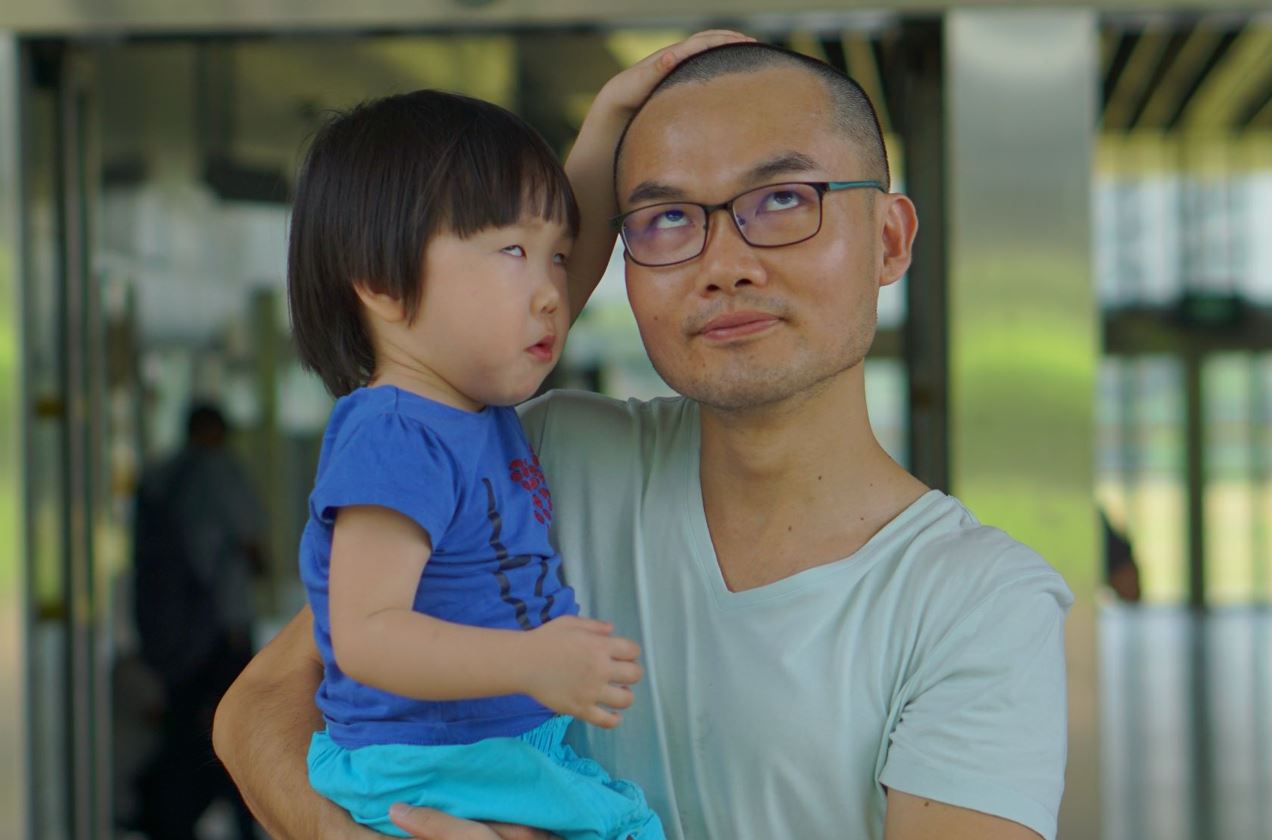Families For Life | Suggestions for Building Strong Families
As the head of a family of 7 members, I strive to keep my family united and strong so that everyone can look forward to coming back to a safe and happy environment. Positive family relationships could help make it easier for families to overcome challenges as a whole (especially during the COVID pandemic) and also help modelling the skills that children would need to build healthy relationships of their own.
The list of traits shown here is by no means exhaustive and are based on my experiences and observations.
Read more about Strong Families: What They Are and How They Work.
Traits of a Strong Family

1. Strong families are dedicated to each other
They are deeply committed to promoting each other’s happiness and well-being. They express this commitment by investing time and energy in family activities e.g. institutionalize family meals, family outing, celebrating one another’s achievements. Strong families also look at each other's potential and support each other in achieving personal and family aspiration.
2. Strong families communicate effectively with one another
Members in strong families are courteous and respectful when communicating with each other. They listen without judgement and express their thoughts and feelings respectfully. Effective communication not only enables family members to express their wants, needs, and concerns, it also builds up trust amongst members.
3. Strong families have a collective sense of spiritual wellbeing
Different families have different perspectives on spirituality. At times, when families are faced with tough situations, their religious practices and beliefs can help unite the members, reignite feelings of hopefulness and reinforce one’s purposes in life.
4. They show appreciation
Members of a strong family speak in positive and affirming ways to express their love for each other. They care sincerely for each other, and they let each other know this regularly through words of appreciation or thoughtful gestures. It could be as simple as saying “Thank you” or a hug when a family member help to run an errand.
5. Strong families manage stress and crisis effectively
Knowing that family is always behind us and readily to provide support can help to alleviate anxiety and stresses especially during a crisis. A team is only as strong as its weakest member. Strong families hold group discussions and focus on how they can work together to meet their challenges as a whole.
6. Strong families value forgiveness (perhaps, the most important trait)
Making mistakes is part of life and strong families recognize this and practice forgiveness. They avoid reviving old wounds or mention hurtful past as much as possible. Forgiveness does not mean that you condone the hurtful behavior. By letting go of painful moments and the past misdeeds, family members can then move forward in their relationships with one another. Research also show that the act of forgiveness could reduce the risk of heart attack and improve cholesterol levels and a host of health indicators.
7. Strong families involve themselves with friends and community
Strong family understands that there is life and meaning endeavors outside the 4 walls. They create meaningful bonds with friends and community that could help add colours to life or make life more interesting.
Suggestions to Strengthen a Family

1) Set rules as a family
Come up with family rules together that precisely indicate how your family needs to take care of and treat the members in it. For instance, 'In our family, we talk to one another with respect, and that includes no yelling.' ‘We also don’t make personal attacks at all times.’ Having clear boundaries would assist everybody in relating with others well which indirectly/directly promotes a more harmonious living environment.
2) Set family rituals
Whether it is bedtime stories, family prayers, meal times etc, family rituals are important as a setting for everyone to get together to mingle and share conversations about anything under the sun at regular intervals. The key here is to set rituals that are practical for all family members. Of course, put aside your devices goes a long way to tell your family members that they are worth your attention.
3) Allow children to participate in decision making.
Let’s not forget the little children in the household. Give them a voice and opportunities to contribute to the planning for things like family holidays and family activities before the adults settle on the final decision. It is a golden opportunity for the adults to learn more about their children’s inner world (Instead of directing, you could consider asking probing questions – the hows, whys, whats) and also for the latter to be exposed to communication and negotiation skills that are needed in a healthy relationship.
4) Solve problems together
Remember a family is also a team. We are all good at something inherently. Working together to tackle issues includes listening and thinking and analyzing available options in an objective manner. Often solutions that are well thought through and agreed on collectively has a greater follow through and would likely also tackle individuals’ bind spots and avoid downstream implications and unhappiness among family members.
5) Narrate and share memories
Share family memories and stories. These can assist kids with acknowledging things that are not self-evident or that they could fail to remember – for instance, Dad's sporting accomplishments when he was more youthful or the manner in which an older sibling took care of her younger sibling after they were conceived. It helps to instill a sense of family identity especially in the children.
6) Be appreciative of one another
Sometimes what is needed in a family are not big sweeping gestures but the small things like spending time with family members, helping and showing appreciations for one another in our daily lives.
As tempted as it could be, do not take family members for granted and think that the relationships can continue like business as usual, no matter what happens. Like all relationships, they need to be nurtured and cultivated in a deliberate manner. It does not take a lot actually; it just requires a re-prioritisation of our time and a mindset shift. In our limited lifespan, few things truly matter. Family is one of them.
Learn more about Our FFL Contributor Tan Chin Hock:
Tan Chin Hock is a bit of an adrenaline junkie - a former commando, no less! He is dedicated to empowering and advocating for strong families. With his passion for self-care and healthy living, he leads by example and encourages others to prioritize their family relationships. Through his social enterprise, he aims to inspire and uplift the less resourced communities through photography. Join Chin Hock as he combines his unique experiences and unwavering commitment to promote the importance of strong families and making a positive impact in today's world.

Social Media Links:
https://www.tiktok.com/@tanchinhocksg